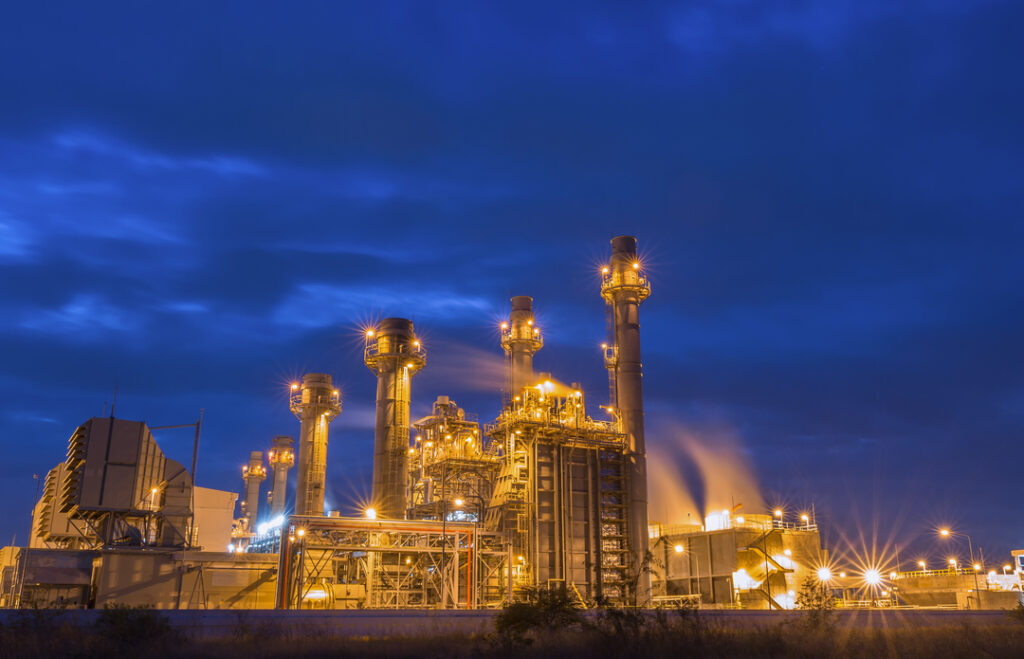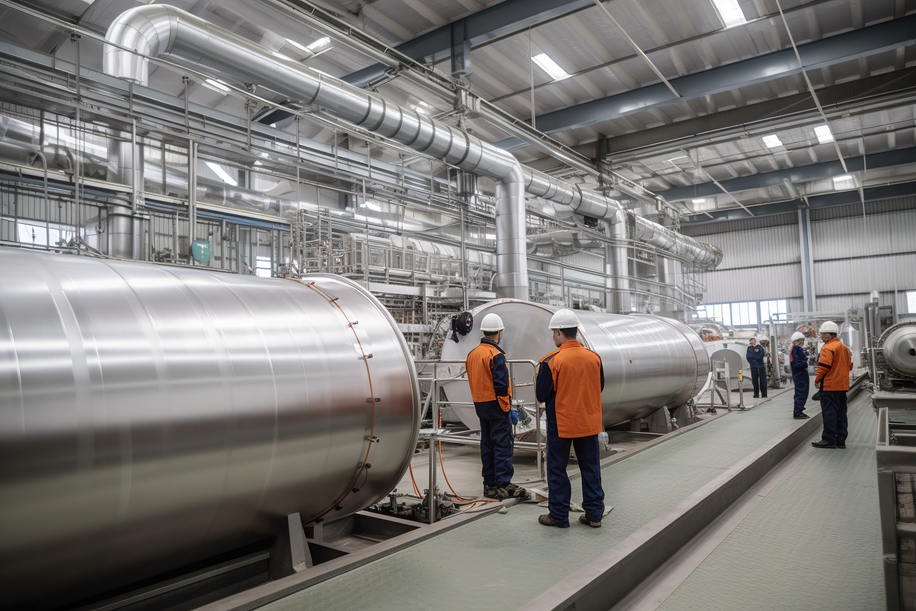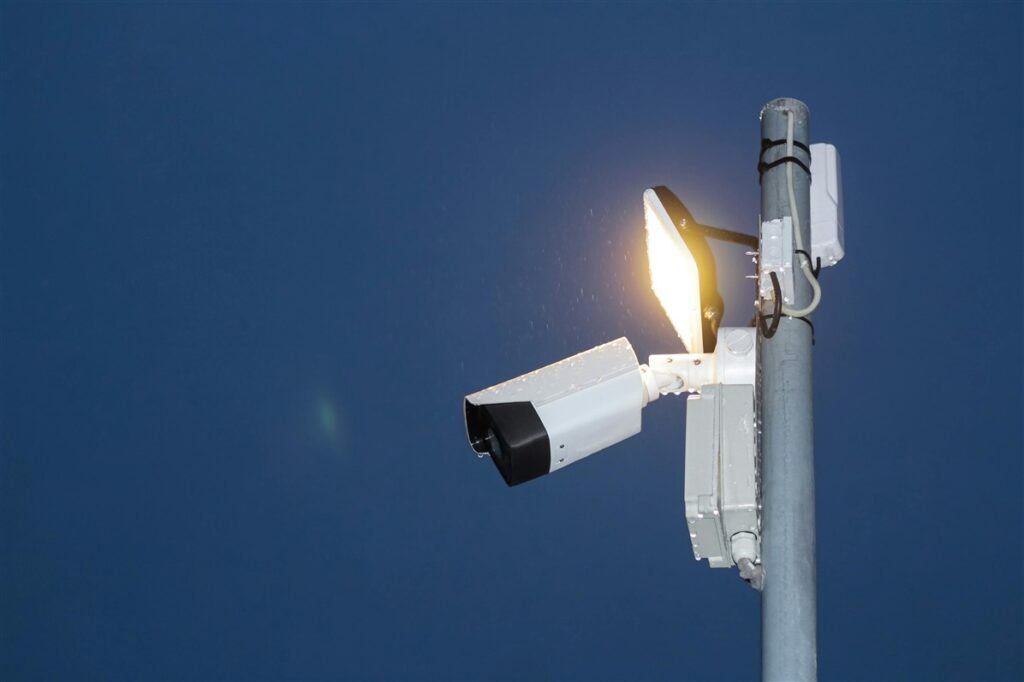Why energy storage solutions could save businesses thousands
Energy storage solutions are not new. They have been around a while. But with rapidly advancing technology, rapidly increasing energy costs and initial investment outlay costs decreasing, battery energy storage systems are the latest technology that most reasonably sized commercial operations should be considering. The UK Government estimates that battery storage systems could save the UK energy system up to a staggering £40bn by 2050.
In this article we explain fully the benefits of battery energy storage systems and why AES has seen a tremendous demand in these type of installations over the last 12 months.
Who are best suited to benefit from battery energy storage systems?
Put simply, those companies who consume the most energy will benefit the most. So if you run an industrial, engineering or manufacturing business who has equipment running around the clock, battery energy storage systems (BESS) are really a “no-brainer”.
Similarly, if you run a production plant which has specific energy hungry equipment which distorts power consumption, or even rapid Electric Vehicle chargers on site (which can draw as much power as reasonable industrial site), energy storage systems can enable you to better plan your energy consumption from the grid, to stay within your “authorised capacity” and to benefit from off-peak energy rates.
In addition, if you already have a renewable energy supply already in situ on site – such as solar panels and/or wind turbines, it further justifies the investment, which we will explain further in due course.
What is a battery energy storage system?
Well, it pretty much does what is says on the tin. It takes energy, either from your own generated renewable source, or from the grid (typically at an off-peak cheaper rate) and then stores it for when you most need it (which will typically be during peak-rate periods).
Although there are some standard systems, the vast majority of BESS systems are designed to specification, dependant on the incoming energy sources, the power usage of the organisation, the critical nature of the operations and the amount of energy you want to be able to store (enough to power your plant for an hour or a day).
Typically the larger installations will sit within their own 30ft shipping container, which have the added benefit of being manufactured off-site and delivered and installed as one unit, providing secure restricted access, whilst being located outside of the core business premises (doesn’t take up space within existing buildings).
What are the main benefits of an energy storage system?
Well, this where the justification for an investment becomes easy, as the benefits to a reasonable sized industrial operation are significant.
#1 Using renewable energy sources when you need it most

We all know the positive impact of using renewable energy sources in terms of sustainability and reducing our carbon footprint. However the sun and wind are not available 24 hours per day, and who is to say when they are at their most efficient, in terms of energy generation, correlates to when you need that energy? With a battery energy storage system it doesn’t matter. The energy that is generated can be stored and be used (or potentially sold back to the grid) at a time when is most convenient (usually during high peak energy rate periods). This provides businesses with much greater eco-balance across when renewable energy is consumed.
#2 Financial benefits
Obviously point 1 also has financial benefits in that no energy is wasted and can be consumed at peak tariff times as an alternative to the grid, however there are a number of other financial benefits...
Protection against escalating costs
One of the most obvious benefits is by having the facility to store energy from your own renewable generation systems you are minimising the impact of escalating energy prices. Although you are unlikely to be completely self-sufficient, you are minimising the impact of future increases which is sure to have a significant impact on energy hungry businesses.
Access Grid Services Contracts
Through harvesting your own energy store you also potentially have the opportunity to sell it back to the grid with a grid service contract. This is to help the grid at certain times of the day where they may need to access sources of extra power to help meet demand. This is known as Short Term Operating Reserve (STOR). Clearly this happens periods of high demand, so they are at energy price peaks, meaning that margin can be made from off-peak or renewable energy storage.
Energy Rationing
In addition to STOR there is also there potential of energy rationing. This is where commercial firms are paid to reduce their energy usage and it seems likely, with the developments in the Ukraine and potential energy shortage, that energy rationing could be coming to the UK sometime soon (as it did in the 1970s). Obviously, those companies with renewable energy generation capacity and battery energy storage systems are in the best position to reduce their electricity consumption from the grid and be financially rewarded for doing so.
#3 Scalability & Buffering
Every company has an authorised consumption for energy usage. What this means is the National Grid, via DNOs (Distribution Network Operations), has to protect their ability to supply electricity to their network. This means the whole network needs to maintain certain maximum levels of power flow to protect cables, substations and transformers – which is why you have an agreement with them over how much power you will use (based on what equipment you have).
Therefore if you are a rapidly growing business, who need to increase its energy consumption, then you could have a problem. Renegotiating your “authorised capacity” and getting it approved can take years (as upgrades to cables and substations may be required) and can cost serious money.
However, a battery energy storage system is a far more cost-effective way of creating a buffer between your site and the grid – meaning you can manage your energy usage from the grid to stay within your authorised capacity.
Even if you are not looking to expand the total energy input required, but certain equipment is very energy hungry, then you can ensure this supply is from your own energy sources. Rapid EV charging units are very energy hungry, however these are unlikely to be operation more than 8-10 hours in a day, leaving 14-16 hours to power the chargers at a more gradual pace at a potentially cheaper energy rate.

#4 Reliable Power – Uninterrupted Power Supply (UPS)
Although, undoubtedly, in the face of rising energy costs the financial incentives of energy storage solutions are enticing to many businesses, for others, particularly those of a complex or sensitive nature, it is the reliability of the power supply which is key.
If you consider hospitals for example, a power outage for a few seconds could have a significant critical impact on operations, and the welfare of its patients. However even businesses with less critical operations can experience significant operational and financial consequences if power is down unexpectedly for any period of time. Battery energy storage systems provide the perfect answer to uninterrupted power supply, with the stored energy intelligently kicking in within milliseconds of any interruption.
Black-outs and Brown-outs
Battery energy storage systems also provide contingency protection against more significant interruptions such as black-outs or the less understood brown-outs.
Black-outs are where there has been either a demand surge or bad weather which has caused the grid supply to temporary cut off (though sometimes these can be for extended periods). Brown-outs is where the electrical supply has been throttled (a lower voltage supplied) to deliberately avoid a black-out occurring.
#5 Greater control via your own Micro-Grid
Basically on-site energy storage systems enable you to create your own local micro-grid, reducing your reliance on grid supplied energy and giving you far greater control over the power running through your business.
In effect what you are creating is a smart-grid allowing you to balance capacity and demand to reduce costs. This enables you to be in complete control of load management and provides you with a more power resilient operation.
Intelligent battery software enables you, via your own created automated rules, or via artificial intelligence to calculate what power generation is required when, enabling you to prioritise use needs across your entire site. This means you know the financially optimum times of when to keep stored energy and when to release energy back to the grid during peak times of demand.
Working with AES
Ultimately every business wants their energy to be as green as possible, as affordable as possible and as reliable as possible and this is where an AES installed battery energy storage system delivers across all three.
AES is an electrical contractor with a focus on energy efficiency. As part of our mission to collectively reduce carbon emissions, we offer free energy reduction audits.
You’ll receive a full report detailing where energy consumption savings can be made and the cost savings for your business, including battery energy storage systems.
We also offer stand-alone energy reduction services specifically for manufacturers. These include low-energy lighting solutions, voltage optimisation, energy-efficient motors and variable speed drives.
If you’d like to start your journey to energy efficiency, get in touch to find out how AES can support your goals.

Our guide to building energy management systems
Building energy management systems (BEMS) are systems that allow you to monitor, control, and optimise the energy used within your building. The phrase building energy management system (BEMS) is often used interchangeably with the phrase building management system (BMS), but there are some differences. A BEMS is focused on energy-related systems such as lighting, heating, […]
Read more
How far does power travel and what impact does distance have on performance
It’s easy to take our electricity supply for granted. We flick a switch and instantly have light or power. We don’t even think about it unless there’s an issue or an outage. But when there is an issue or outage, the impact can be significant. For manufacturers, even the smallest change in power can make […]
Read more
Why visibility of the production process is so important
Operational excellence, efficiency and quality are top priorities for almost every manufacturer worldwide. These things lead to improved productivity, happier customers and reduced waste – all of which result in increased profits. Visibility of the production process is the key to achieving these things. And manufacturers now have access to technology that can provide real-time […]
Read more
Will security lighting help to protect my staff?
Looking after the safety and well-being of employees should be a priority for any business. And while it’s not possible to mitigate every risk, there are measures you can take to improve their safety and security. One measure that is often overlooked is the installation of security lighting. When daylight disappears, visibility is reduced, increasing […]
Read more
Top 5 considerations when comparing electrical quotes
Budget is always a factor when you’re considering any type of upgrade, revamp, or maintenance work within your factory. But when it comes to electrical work, you have to consider more than just money. Don’t rush into accepting the cheapest electrical quotes without knowing exactly what you’re getting. Electrical work is not an area where […]
Read more
What is the role of companies in reducing our carbon footprint?
We should all be taking responsibility for protecting our planet and a big part of that is reducing our carbon footprint. But while it falls to all of us to do our bit, there is additional pressure on manufacturers, especially those with high carbon emissions. As an absolute minimum, these companies should ensure compliance with […]
Read more


